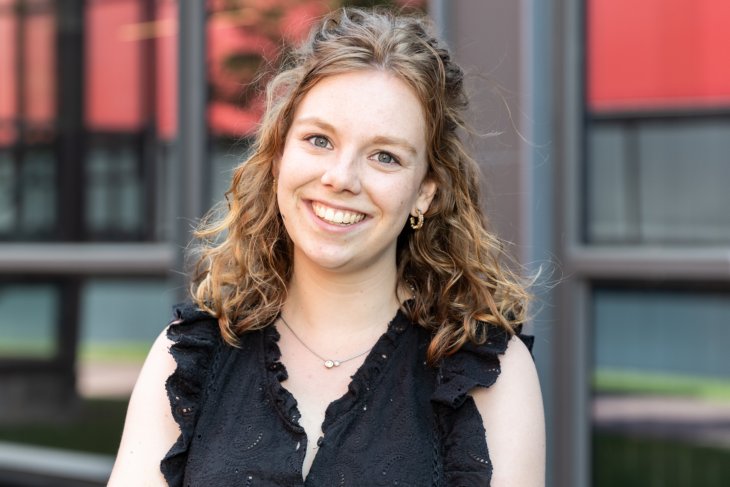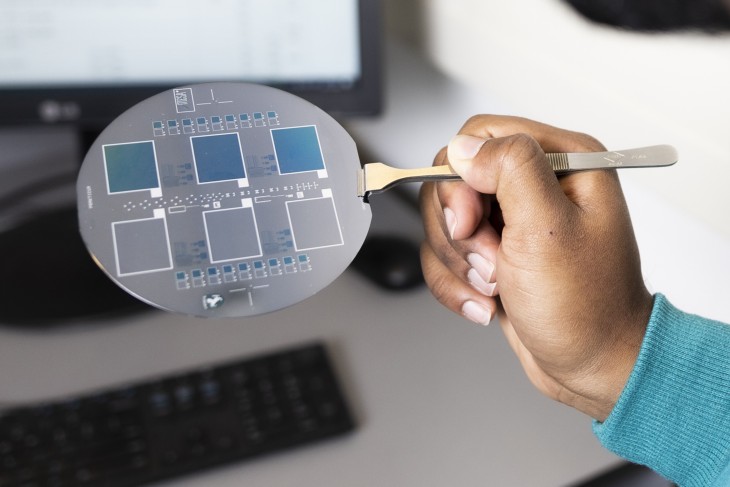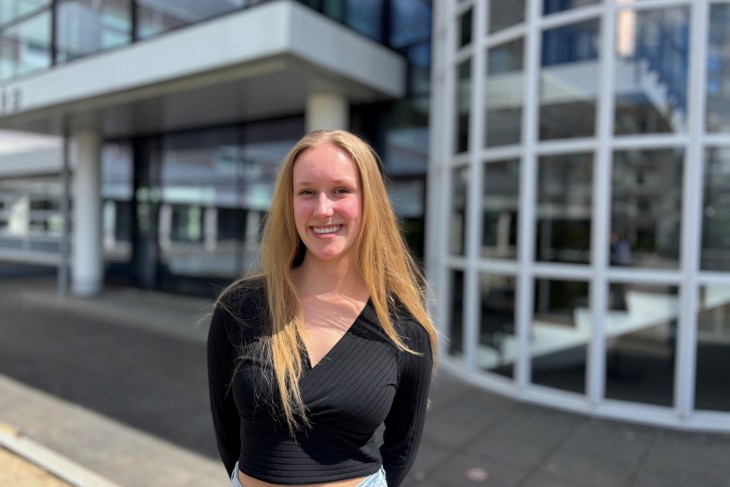“After completing my Bachelor's in Health Sciences, the decision to continue with this master’s was easy. What has always interested me in healthcare was the management, policy, laws, and economics that shape the healthcare system. How can I optimise processes in an emergency department to reduce employees’ workload while helping patients without delay? How can I make care pathways more patient-centred and improve the quality of care?
What I like about this programme is that we get to work on real-world healthcare problems. For example, I got to work with data from the Thorax Centre Twente to create models that solve healthcare problems. In one project, I built a model to reduce overtime during surgeries and improve patient satisfaction. For this, I looked at various factors, such as the type of operation, the approach, and the number of anastomoses (connections made during surgery).
Three specialisations
This Master’s offers three specialisations: Digital Health (patient-focused), Healthcare Management (organisational-focused), and Innovation in Healthcare (policy-focused). As I am interested in improving healthcare processes, quality of care, and financial management, I chose Healthcare Management. My courses included financing and purchasing healthcare, quality of care, and process optimisation.
One of the projects was about analysing how long patients, including emergency cases, stayed in a hospital. My project group used hospital data to analyse and optimise bed capacity planning to ensure enough beds for incoming patients without unnecessary delays. We developed indicators to assess hospital performance. For instance, we looked at readmission rates to see if patients returned due to complications after being discharged. The project gave us a deeper understanding of how a healthcare system operates, from patient management to policy implications.
Assessing a lung cancer screening programme
Building and comparing different intervention models to see which one is more cost-effective was another challenging assignment. Together with my project team, I assessed whether implementing a lung cancer screening programme would be more cost-effective than not having one, considering both health outcomes and costs. Screenings are expensive, but they can lead to early detection and treatment, potentially reducing the need for more intensive — and expensive — care later. Through this project, I learned to develop health economic models and use the results to make decisions about healthcare technologies.
This Master's would fit you well if you are interested in healthcare, including management, economics, policy, and technology. You really don’t need to be a tech expert, but an interest in technology will come in handy: think about using data to predict healthcare needs, discovering the newest healthcare technologies, and adjusting policies accordingly. Skills like presenting, leadership, and collaboration in a team also make a big part of the programme, so you get prepared to become a connector in your field. In a nutshell, you'll learn to find ways to ensure healthcare remains accessible and affordable by optimally managing financial resources and healthcare processes.
Next to my studies
But I'm also learning beyond my studies. For example, I'm a member of the study association Sirius, where I’ve participated in fun and educational committees. One memorable experience was organising a symposium on safety and a charity auction that raised €4800 for mental health support. Engaging in those activities has been incredibly fulfilling and helped me develop additional skills while making a positive impact.
Furthermore, I took a Lean course to broaden my horizons, learning principles to improve processes, which is also applicable to the healthcare sector. Lean is a way of thinking about creating needed value with fewer resources and less waste. I can now apply what I've learned to simplify care pathways for patients and decrease the workload for healthcare providers.
As for the future: I'm still exploring my career options. The university has prepared me well, particularly in developing soft skills like communication, teamwork, and project management. I feel confident that I’ll succeed in making a difference in patients' and healthcare personnel’s lives.”





